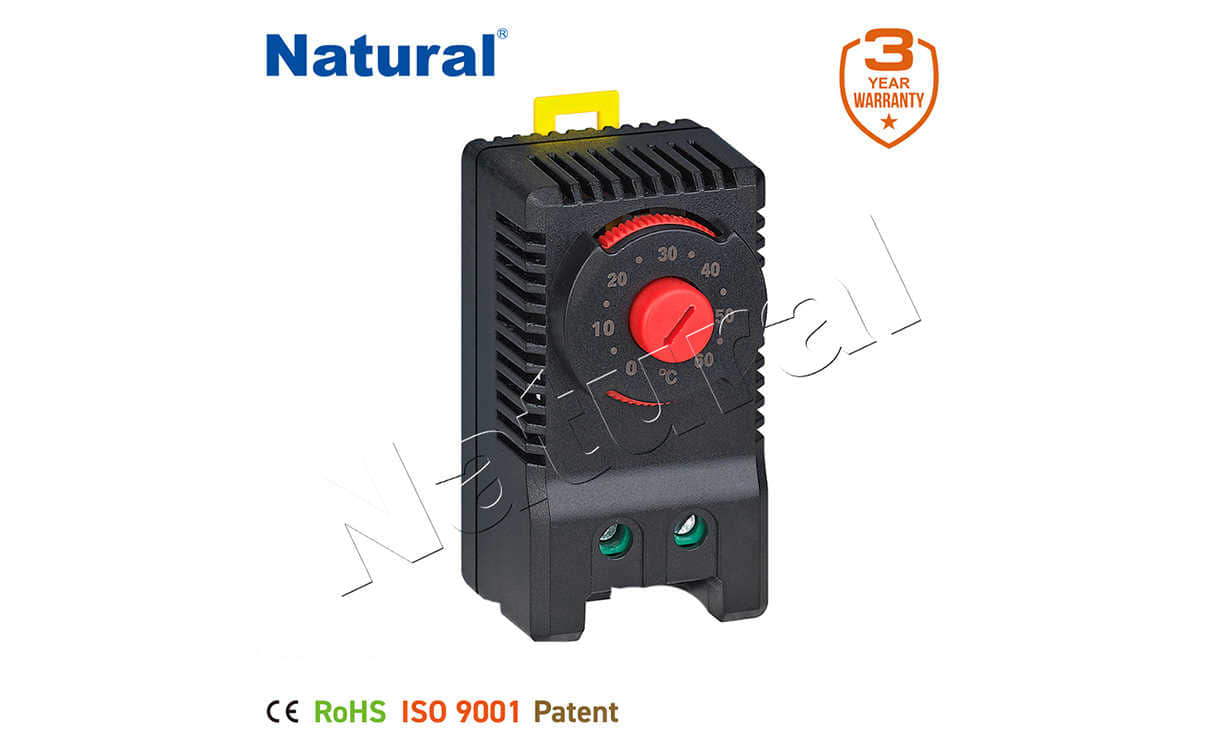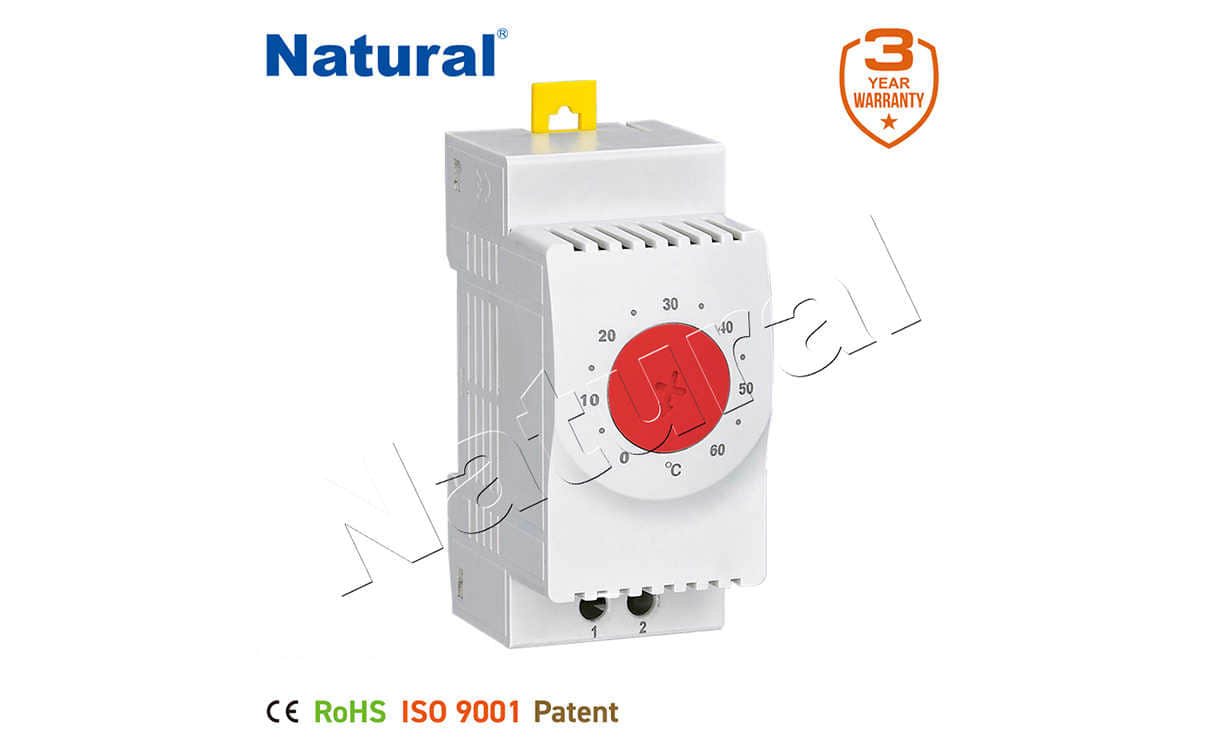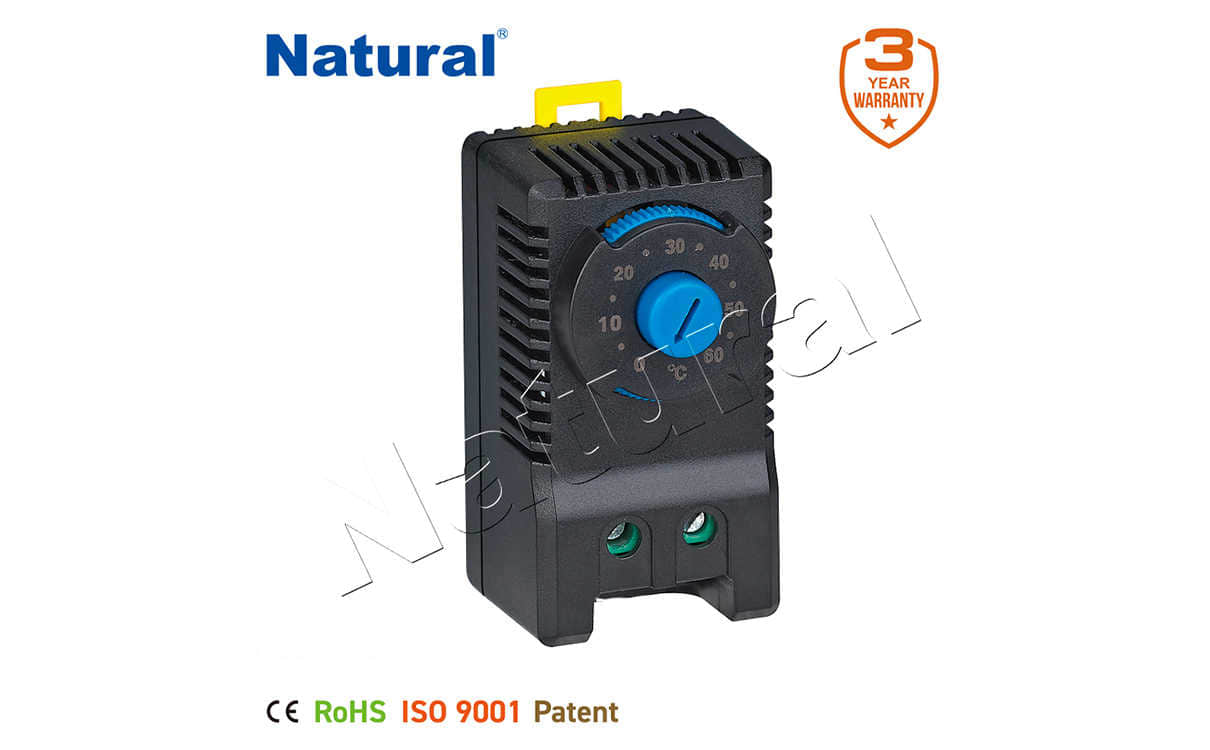 28 items Patent
28 items Patent
 28 items Patent
28 items Patent
 28 items Patent
28 items Patent


Industrial temperature controllers play a critical role in many automated systems, ensuring that processes and environments are maintained within a desired temperature range for optimal performance and safety. These devices are commonly used in industries such as manufacturing, food processing, pharmaceuticals, and HVAC systems. They help regulate and control temperatures to maintain consistency and efficiency, which is crucial in achieving the desired outcomes of various processes.

A temperature controller is an electronic device designed to monitor and control the temperature of a system or process. The basic function of an industrial temperature controller is to receive data from a temperature sensor, such as a thermocouple or RTD (resistance temperature detector), and compare the actual temperature with the desired setpoint. If there is a discrepancy, the controller activates an output, such as a heater or cooler, to bring the system back into the desired range.
